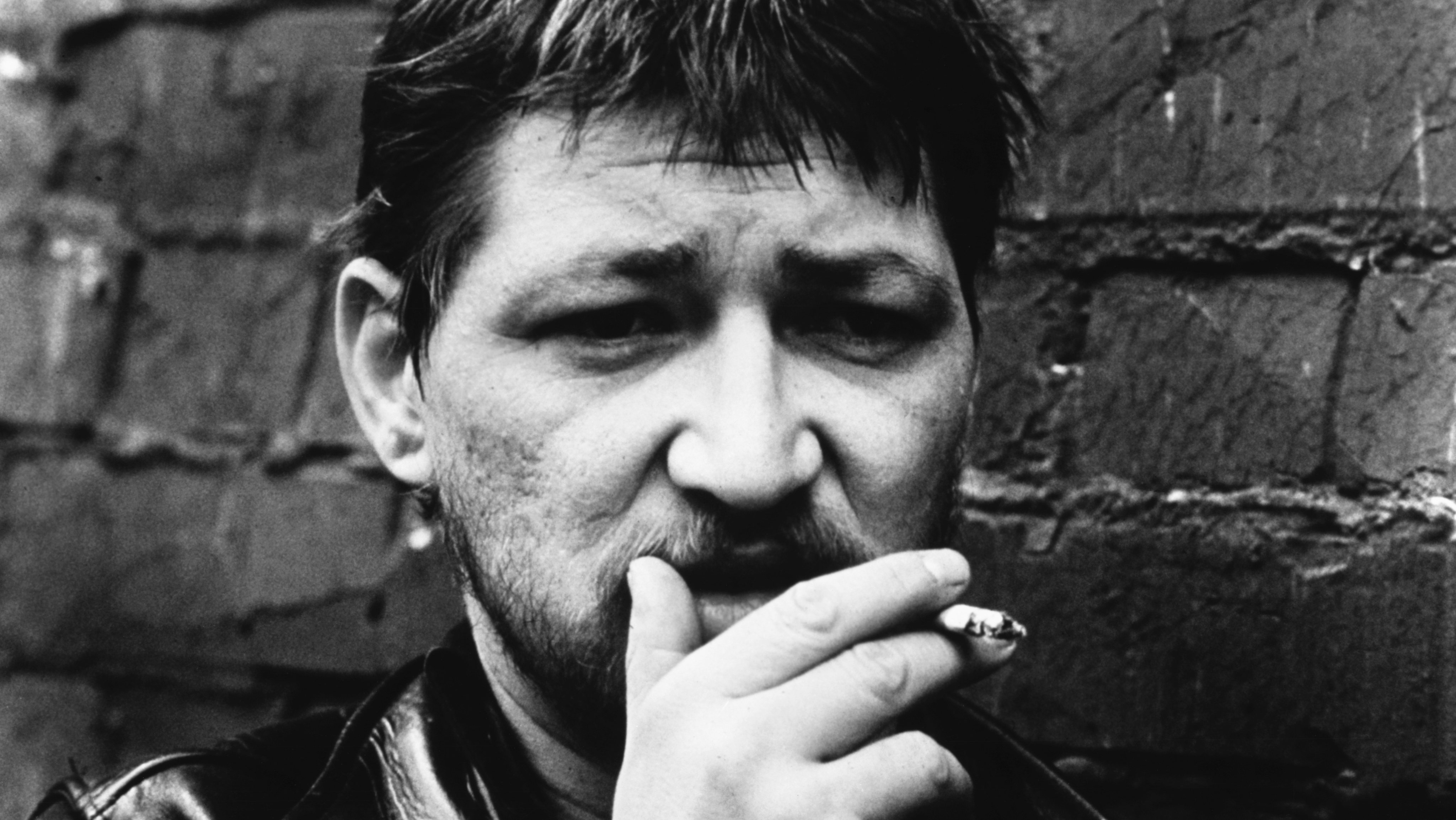“From the depths”
In the summer of 1961, when Italy was in full development, with the construction of skyscrapers in several large cities thanks to the economic boom, a group of cavers from the north of the country discovered and explored until the end the deepest cave in Europe, and the second in the world, the Abyss of Bifurto, in Calabria. Director Michelangelo Frammartino (“The Four Voltas”) reconstitutes this feat here, in mockumentary form and in a “slow cinema” register, giving all time to time, whether it is the daily life of exploration inside and outside the cave. , be it the attention to nature, the weather, the people of the nearby town or the routines and mishaps of the handful of shepherds who herd the cattle in the area. Magnificently photographed by Renato Berta in the light of day or in the darkness of the cave, “Das Profundezas” is a poetic, placid and, in its slow and attentive way, adventurous film. Special Jury Prize at the 2021 Venice Film Festival.
“The Home Fairy”
Single mother of two, hypermarket cashier and part-time stripper to balance the increasingly shattered household finances, dusty Vera (Joana Metrass) finds herself in court one day for having tidied up a client too much. from the strip bar, and she is sentenced to do community work in a nursing home, which she will manage to get out of her sad ruse. João Maia, the author of “Variações”, signs this comedy full of familiar faces (Cleia Almeida, Dalila Carmo, Márcia Breia, Margarida Carpinteiro, Carmen Santos or João Lagarto), who asked for and deserved something better than such a desperately predictable plot, with dialogues so flat and so patchy in terms of jokes. “A Fada do Lar” should have the genius and grace of Joana Metrass, but she alone cannot carry the tape on her back.
Cycle Rainer Werner Fassbinder
On the occasion of the 40th anniversary of the death of Rainer Werner Fassbinder, one of the most important, versatile and productive names in New German Cinema, this cycle will screen eight films by the director in restored copies, in Nimas (Lisbon) and at the Teatro do Campo Alegre (Porto), also circulating through other cities in the country, such as Coimbra, Braga, Setúbal and Figueira da Foz. The films, shot between 1971 and 1979, are: “Beware of that holy whore”, “The merchant of the four seasons”, “The bitter tears of Petra Von Kant”, “Fear eats the soul”, “Effi Briest- Love and Prejudice”, “Mama Küster Goes to Heaven”, “Chinese Roulette” and “Marria Braun’s Marriage”.
“The inocents”
Written and filmed by Norwegian screenwriter Eskil Vogt, who often works with Joachim Trier, “The Innocents” takes place in an anonymous apartment block on the outskirts of a large Scandinavian city. Nine-year-old Ida and her autistic older sister, Anna, recently moved there with her parents. Lonely young Ben and little Aisha also live in the same building. The four children have various telekinetic powers: move and destroy objects, telepathy, control the minds of others, which are stronger when they are all together and can network. Ben and Anna are the most powerful of the quartet. “The Innocents” was chosen as the movie of the week by The Observer and you can read the review here.
Source: Observadora
